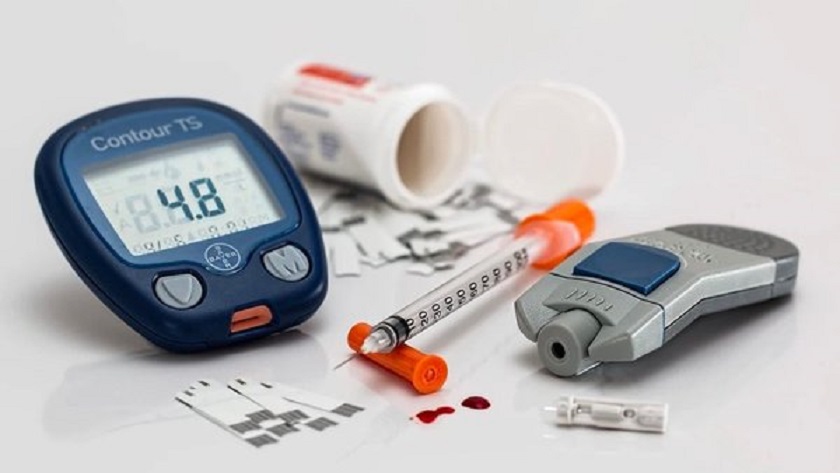
Researchers at the University of Alberta have developed a technique to create insulin-producing pancreatic cells from a patient’s own stem cells, which could lead to diabetes treatment without the need for injections.
The process, called “directed differentiation,” involves reprogramming stem cells from the patient’s blood and directing them to turn into pancreatic cells capable of producing insulin. In a recent study conducted by a team of experts, the anti-tumor drug AT7867 was used to enhance this transformation. The treatment resulted in a 90% success rate in creating target cells, which is significantly better than the 60% achieved with previous methods.
These new cells are less prone to cyst formation and have demonstrated the ability to effectively regulate glucose levels, halving the time to achieve glucose control in mice without the need for insulin injection. The research team intends to improve the method to ensure that all cells are converted correctly.
James Shapiro, the leader of the groundbreaking research, emphasizes the need to create a renewable source of cells that will not be rejected by the immune system. This new approach could lead to the development of diabetes treatments that eliminate the lifelong use of anti-recurrence drugs required by current transplant recipients who receive cells from donor organs, which are in limited supply.
According to Shapiro, although more safety and efficacy studies are needed before human trials can begin, the research is a promising advance in diabetes treatment that allows us to envision a future where insulin injections, pumps, and sensors are no longer needed.

